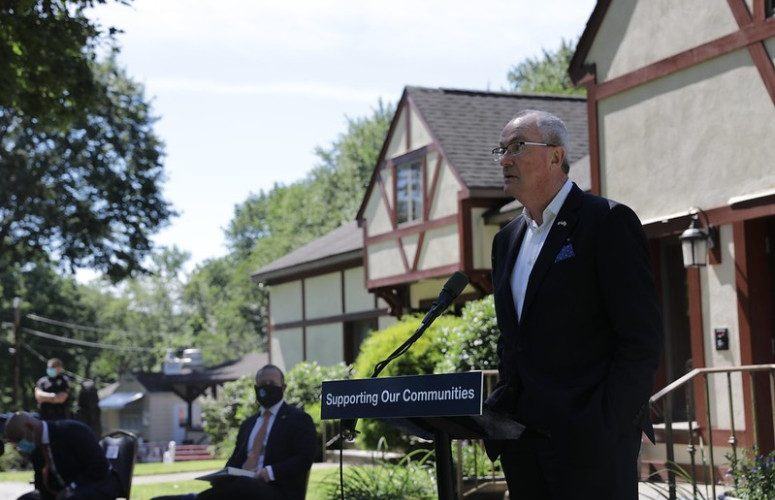
How Long Could Colleges Stay Closed from COVID-19?
By Jim Pytell, Assistant Editor On Mar 13, 2020As the COVID-19 outbreak continues to sweep across the country, New Jersey colleges are taking measures to keep their students and staff safe.
Most colleges in the state have already announced contingency plans such as extending spring break, encouraging students to leave campus, and conducting all classes online until, in many instances, early April.
The question is: How long will colleges be conducting online classes and could these restrictions affect end-of-year festivities like graduation ceremonies?
“There’s no real definite end,” Secretary of Higher Education Zakiya Smith Ellis tells New Jersey Business magazine. “For now, most of the colleges have put in place limited plans and will reevaluate within a couple of weeks.”
Smith Ellis says that the main request that her department was getting from colleges was for additional guidance from the state on what to do, which resulted in the release of a guidance document for schools with questions and answers that she says will continue to be updated as more information becomes available.
“The most important thing for colleges and universities to do now is plan, prepare and ensure their plans are reflective of the current reality, understanding there are a lot of unknowns,” Smith Ellis says. “It is crucial that institutions follow guidance developed by our office, the New Jersey Department of Health (DOH) and the Centers for Disease Control and Prevention (CDC), and stay informed of updates as they become available.”
Considerations in the guidance document include handling basic needs such as housing and food for those who need it, and decision-making involved with re-convening in-person instruction if an institution has decided to move its classes online.
It also advises for institutions of higher education to review and update their Emergency Operations Plans to outline their response to a potential COVID-19 case, including identifying the appropriate individuals involved in the response and developing a communication strategy during an emergency.
“The majority of colleges are going online while keeping their residential facilities open,” Smith Ellis says.
Other institutions, such as Rutgers University and Princeton University, for example, have asked students to leave campus as soon as possible, with special exceptions.
“We are asking that institutions make appropriate accommodations for students who, for example, can’t afford to leave or have nowhere else to go,” Smith Ellis says. “We have been in touch with all of the public four-year colleges about this and each one of them does have a plan to accommodate students that need to stay. … We are asking for those plans by March 15.”
She adds that while most campuses are staying open for now, students that lack internet access or a computer at home would be able to use campus WiFi and libraries to participate in online classes. Rutgers, for example, is giving out loaner laptops if a student needs one.
“Our office is in regular communication with institutions, fielding questions and concerns, and we are here to support them as this situation evolves,” Smith Ellis says.
To access more business news, visit NJB News Now.
Related Articles:





